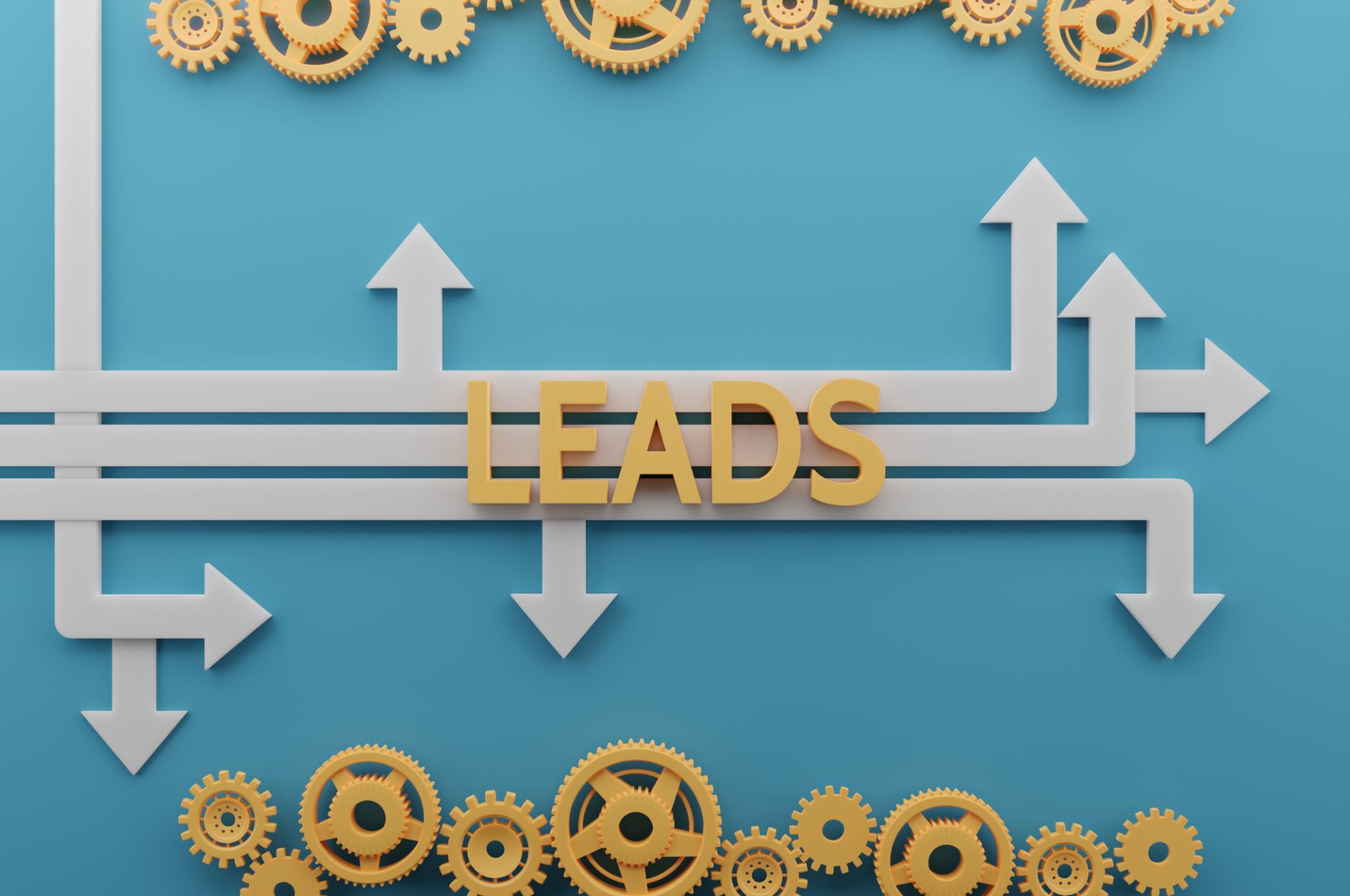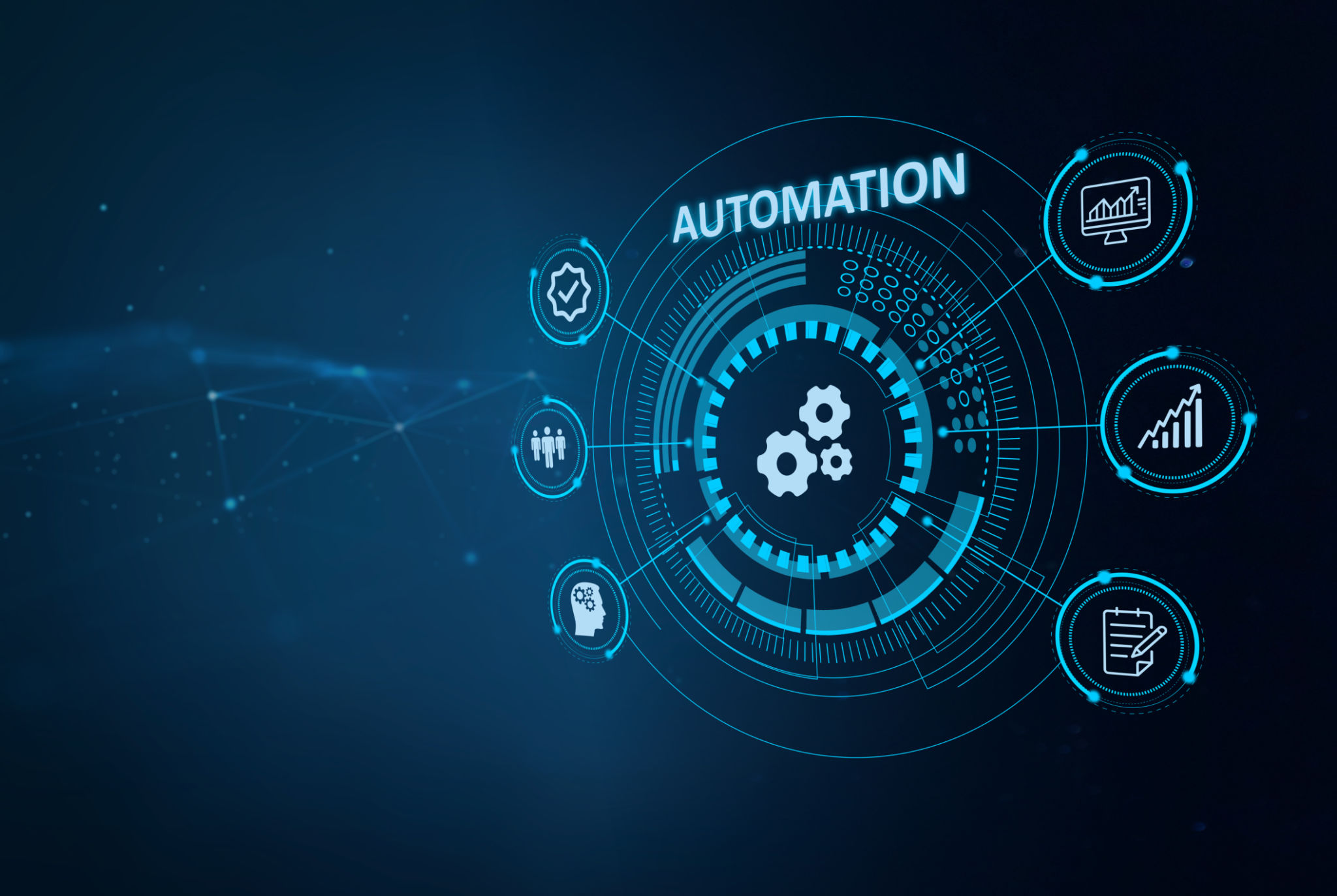How to Implement AI Automation for Inbound and Outbound Efforts
ME
Understanding AI Automation in Marketing
AI automation has become an integral part of modern marketing strategies, allowing businesses to streamline both inbound and outbound efforts. By utilizing artificial intelligence, companies can enhance their customer engagement, improve efficiency, and drive better results. Understanding how to implement AI automation effectively is crucial for businesses aiming to stay competitive in today's digital landscape.

Implementing AI for Inbound Efforts
Personalized Content Recommendations
One of the most significant benefits of AI in inbound marketing is the ability to offer personalized content to potential customers. AI algorithms analyze user behavior, preferences, and interaction history to provide tailored content recommendations. This personalization helps increase engagement and conversion rates by showing users the most relevant information.
Chatbots for Customer Interaction
AI-powered chatbots are revolutionizing customer service by offering instant responses to inquiries. These chatbots can handle a wide range of tasks, from answering frequently asked questions to guiding users through complex processes. Integrating chatbots into your inbound strategy ensures that potential customers receive prompt and accurate assistance at any time.

Lead Scoring and Segmentation
AI tools can significantly enhance lead scoring and segmentation processes. By analyzing data points such as demographic information, online behavior, and engagement history, AI can assign scores to leads based on their likelihood to convert. This allows sales teams to prioritize high-quality leads and tailor their approach accordingly, ultimately improving conversion rates.
Leveraging AI for Outbound Efforts
Automated Email Campaigns
AI automation in outbound marketing can streamline email campaigns by personalizing content, optimizing send times, and segmenting audiences effectively. AI tools can analyze customer data to craft targeted email strategies that resonate with different segments of your audience, enhancing open rates and engagement levels.

Predictive Analytics for Targeted Outreach
Predictive analytics powered by AI can transform outbound efforts by forecasting customer behavior and trends. By examining historical data and identifying patterns, AI allows marketers to anticipate future actions and tailor their outreach strategies accordingly. This proactive approach leads to more effective targeting and improved ROI.
Social Media Automation
AI tools are also instrumental in automating social media activities, from scheduling posts to analyzing performance metrics. By leveraging AI, businesses can maintain a consistent online presence without the need for constant manual input. Furthermore, AI-driven insights help optimize content strategies by identifying what resonates best with the audience.

Best Practices for Implementing AI Automation
When integrating AI automation into your marketing efforts, it is essential to follow best practices to ensure success. Start by clearly defining your goals and identifying the areas where AI can provide the most value. Invest in training your team to understand and manage AI tools effectively, and continuously monitor performance to make data-driven adjustments.
Additionally, maintaining transparency with customers about the use of AI is crucial. Ensure that users understand how their data is being utilized and provide options for them to manage their preferences. By implementing these practices, businesses can harness the full potential of AI automation while building trust with their audience.
In conclusion, implementing AI automation in both inbound and outbound marketing efforts offers numerous benefits, from enhanced personalization to improved efficiency. By understanding the tools available and applying best practices, businesses can leverage AI to achieve greater success in their marketing strategies.
